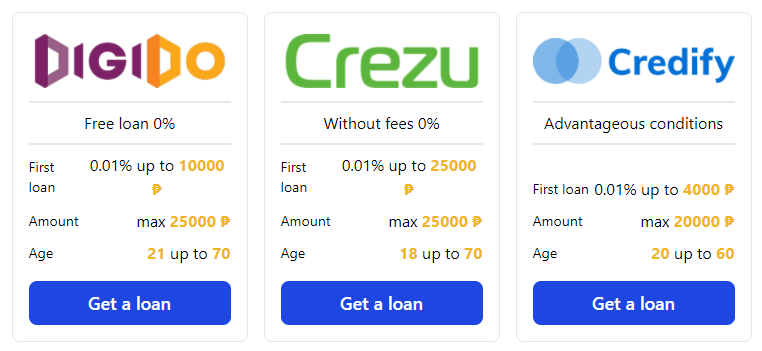Finding personal loans in the Philippines with bad credit can seem daunting, but recent financial innovations have made it more feasible. Various methods and resources are available to help you secure the funds you need despite a low credit score. Below are several strategies to obtain a loan in the Philippines with bad credit. Please note that this guide does not endorse any specific loan products and stresses the importance of understanding the risks involved before applying.
1. Borrow from Family Members or Friends
One of the quickest ways to obtain cash is by borrowing from family or friends. This option is often more accessible since these individuals are familiar with your financial situation and are likely to be more lenient with repayment terms. Typically, loans from family or friends come with little to no interest. However, it’s essential to treat these loans seriously, as your personal relationship serves as collateral. Failure to repay can damage your relationships.
2. Private Lenders
Private lenders offer a variety of loan types, including cash loans, payday loans, salary loans, and emergency loans. These lenders usually have minimal requirements—often just valid IDs and a completed application form—and offer quick approval and disbursement. Many private lenders operate online, allowing you to complete the process from the comfort of your home. After filling out an online form and submitting the necessary documents, you can receive approval in as little as five to ten minutes, with funds available the same or next business day. However, be prepared for higher interest rates, typically ranging from 4% to 7.5% monthly, which are significantly higher than traditional bank loans.
3. Pawnshops
Pawnshops provide secured loans using personal assets such as jewelry, gadgets, or other valuables as collateral. These loans do not require a credit check, and the loan amount depends on the value of the collateral. While this can be a quick way to get cash, it comes with the risk of losing your valuable items if you fail to repay the loan on time.
4. 5-6 Lenders
The 5-6 lending scheme is notorious for its high-interest rate of 20%, yet it remains a common practice, especially among micro and small business owners. Despite the high costs, these lenders are accessible and offer quick cash without requiring a credit check. Due to the high interest, it is crucial to consider this option only as a last resort.
5. Online Lenders
The rise of financial technology (fintech) in the Philippines has led to an increase in online lenders who offer quick and convenient loan applications via smartphones or computers. This method allows you to apply for a loan and receive funds directly into your bank account without leaving your home. However, exercise caution when dealing with online lenders. There have been reports of abusive practices, such as harassing borrowers and their relatives for repayment. If you experience such behavior, report it to the authorities.
6. Car Collateral Loans
If you own a car, you can use it to secure an OR/CR loan. This type of loan requires the car’s official receipt and certificate of registration as collateral. Unlike some other secured loans, you may not need to surrender your vehicle to the lender, and your credit history is typically not a factor in the approval process.
7. Home Equity Loans
Homeowners can leverage the value of their property to obtain a home equity loan. This type of loan allows you to borrow an amount based on the market value of your home, providing access to substantial funds. However, this comes with significant risks, including the potential loss of your home if you fail to repay the loan. Additionally, if you already have a mortgage, taking out a home equity loan adds another financial obligation.
Conclusion
While there are multiple avenues to secure a loan with bad credit in the Philippines, each comes with its own set of risks and considerations. Whether borrowing from loved ones, engaging with private or online lenders, or using assets as collateral, it’s crucial to thoroughly understand the terms and consequences of each option. Carefully evaluate your ability to repay before committing to any loan to avoid further financial difficulties.
